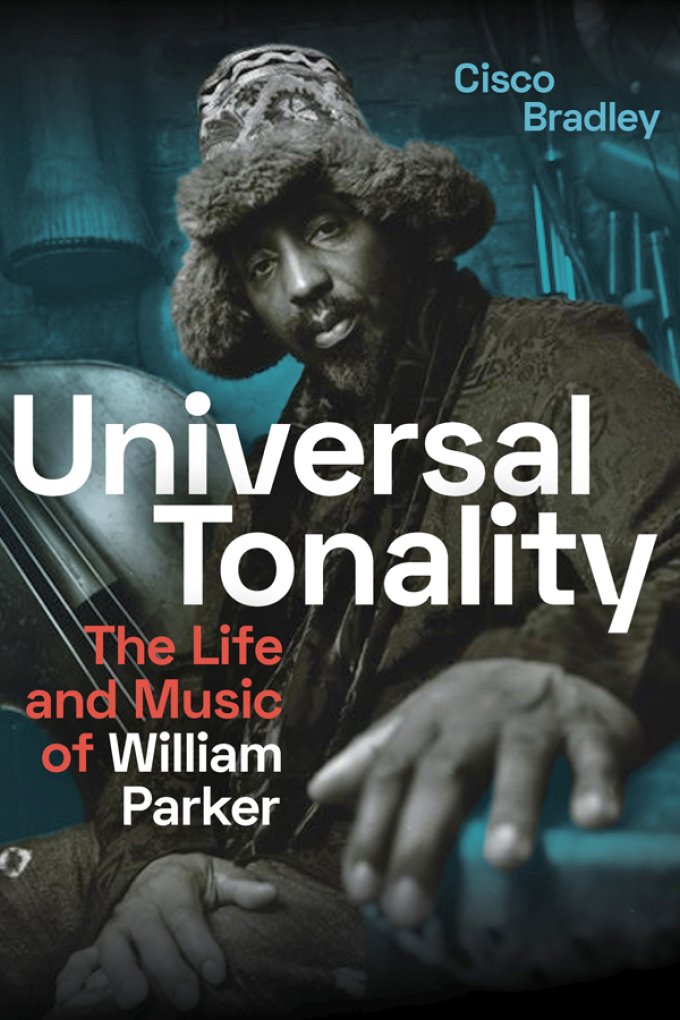Publications
The Williamsburg Avant-Garde
The Williamsburg Avant-Garde
In The Williamsburg Avant-Garde Cisco Bradley chronicles the rise and fall of the underground music and art scene in the Williamsburg neighborhood of Brooklyn between the late 1980s and the early 2010s. Drawing on interviews, archival collections, musical recordings, videos, photos, and other ephemera, Bradley explores the scene’s social, cultural, and economic dynamics. Building on the neighborhood’s punk DIY approach and aesthetic, Williamsburg's free jazz, postpunk, and noise musicians and groups---from Mary Halvorson, Zs, and Nate Wooley to Matana Roberts, Peter Evans, and Darius Jones---produced shows in a variety of unlicensed venues as well as in clubs and cafes. At the same time, pirate radio station free103point9 and music festivals made Williamsburg an epicenter of New York’s experimental culture. In 2005, New York’s rezoning act devastated the community as gentrification displaced its participants farther afield in Brooklyn and in Queens. With this portrait of Williamsburg, Bradley not only documents some of the most vital music of the late twentieth and early twenty-first centuries; he helps readers better understand the formation, vibrancy, and life span of experimental music and art scenes everywhere.
Universal Tonality
Universal Tonality
Since ascending onto the world stage in the 1990s as one of the premier bassists and composers of his generation, William Parker has perpetually toured around the world and released over forty albums as a leader. He is one of the most influential jazz artists alive today. In Universal Tonality historian and critic Cisco Bradley tells the story of Parker’s life and music. Drawing on interviews with Parker and his collaborators, Bradley traces Parker’s ancestral roots in West Africa via the Carolinas to his childhood in the South Bronx, and illustrates his rise from the 1970s jazz lofts and extended work with pianist Cecil Taylor to the present day. He outlines how Parker’s early influences—Ornette Coleman, John Coltrane, Albert Ayler, and writers of the Black Arts Movement—grounded Parker’s aesthetic and musical practice in a commitment to community and the struggle for justice and freedom. Throughout, Bradley foregrounds Parker’s understanding of music, the role of the artist, and the relationship between art, politics, and social transformation. Intimate and capacious, Universal Tonality is the definitive work on Parker’s life and music.
Forging Islamic Power and Place: The Legacy of Shaykh Daud bin ‘Abd Allah al-Fatani in Mecca and Southeast Asia
Praise for Forging Islamic Power and Place
Peer-reviewed Articles
“Women, Violence, and Gender Dynamics during the Five Patani-Siam Wars, 1785-1838,” accepted for special issue by Itinerario.
Islamic Reform, the Family, and Knowledge Networks Linking Mecca with Southeast Asia in the Nineteenth Century,” Journal of Asian Studies.
“Shaykh Da’ud al-Fatani’s Munyat al-Musalli and the Place of Prayer in Nineteenth-century Patani Communities,” in special issue “Global Conjunctions in the Indian Ocean: Malay World Textual Trajectories” in Indonesia and the Malay World.
“Siam’s Conquest of Patani and the End of Mandala Relations, 1786-1838,” in Ghosts of the Past in Southern Thailand: Essays on the History and Historiography of Patani, ed. Patrick Jory. Singapore: National University of Singapore Press.
“Moral Order in a Time of Damnation: The Hikayat Patani in Historical Context.” Journal of Southeast Asian Studies.
“Piracy, Smuggling, and Trade in the Rise of Patani, 1490-1600.” Journal of the Siam Society.
“Sheikh Daud bin Abdullah al-Fatani’s Writings Contained in the National Library of Malaysia.” Journal Filologi Melayu
Book Reviews
Playing Jazz in Socialist Vietnam: Quyền Văn Minh and Jazz in Hà Nội by Stan BH Minh Tan-Tangbau (University Press of Mississippi, 2021).
Be-longing: Fatanis in Makkah and Jawi, by Muhammad Arafat bin Mohamad for Harvard University.
The Longest Journey: Southeast Asians and the Pilgrimage to Mecca. Oxford: University of Oxford Press, 2013. Journal of Asian Studies.
The Makings of Indonesian Islam: Orientalism and the Narration of a Sufi Past, by Michael Laffan. The Historian.
The Transformation of Chinese Muslim Identities in Northern Thailand, by Suchart Setthamalinee.
Islam Translated: Literature, Conversion, and the Arabic Cosmopolis of South and Southeast Asia, by Ronit Ricci. Indonesia.

